UN launches international humanitarian appeal worth US$ 47.3mn for Sri Lanka
The UN today announced a US$ 47.2mn (Rs 17bn) humanitarian appeal for Sri Lanka, saying the country is facing its worst economic crisis since independence.
“As a humanitarian community, we recognize that we must act immediately to save lives through the provision of support to those who need it the most,” says Hanaa Singer-Hamdy, UN Resident Coordinator in Sri Lanka, in her foreword to the 39-page appeal. “Livelihoods are under threat; if we do not act quickly, many more people will not be able to meet their basic needs.”
“The UN and humanitarian partners are calling on donors to urgently come forward and support this plan to provide lifesaving assistance to the women, men, and children most affected by the crisis and thus prevent a deterioration of humanitarian needs in the country,” she emphasises.
After Prime Minister Ranil Wickremesinghe called for multi-sectoral international assistance, a Humanitarian Needs and Priorities (HNP) plan was swiftly worked out with UN agencies and the Humanitarian Country Team.
“Of the 5.7 million people in need of humanitarian assistance, the HNP is targeting 1.7 million of the most vulnerable, requesting a total of US$47.2 million,” Ms Singer-Hamdy states. Of these, US$ 34.5 million (Rs 12bn) will be used to address immediate food and nutrition needs and protect and diversify livelihoods.
Another US$8 million (Rs 2.8bn) will be dedicated to the provision of vital and essential medicines, medical supplies, and devices to help save lives. And with $4.7 million (Rs 1.6bn) humanitarian partners will support essential protection activities, including protection from GBV, child protection and the much-needed support to keeping children in school.
“I am particularly concerned by an unfolding multidimensional food security crisis in which many families are unable to afford basic food commodities,” she states. “Surveys indicate that up to 70 per cent of households have had to reduce food consumption, including by skipping meals, as food prices have reportedly increased by 73 per cent in the last two years.”
Livelihoods and incomes have come under serious pressure due to the impact of the crisis on small enterprises, affecting mostly women and daily income wage workers,” she continues. “As a result, many households have exhausted coping strategies and are now borrowing money and selling properties and belongings just so families can get by from day to day.”
“Sri Lanka prided itself on a robust free healthcare system, that outperformed others in its income group and the region, but it is now running out of vital and essential medicines and surgical items,” Ms Singer-Hamdy points out. “Protection concerns have also increased due to economic stresses or livelihood losses, including gender-based violence (GBV) and child protection, particularly among the most vulnerable affected families.”
“Children are particularly affected by the crisis, with reduction in feeding programmes as well as new disruptions to learning coming in the wake of COVID-19 induced school closures,” she says. “Without going to school, these children will lose their chances of having a better tomorrow and will risk exposure to violence, early marriage and child labour.”
“Beyond the immediate crisis, we must recognize that there are systemic root causes to this situation including those linked to governance and human rights,” she asserts. “These need to be addressed in the long term, including as part of the broader effort to redouble progress towards the 2030 Agenda for Sustainable Development that the United Nations Country Team is supporting. Now is the time for the international community to show solidarity with the people of Sri Lanka.”
-
Still No Comments Posted.



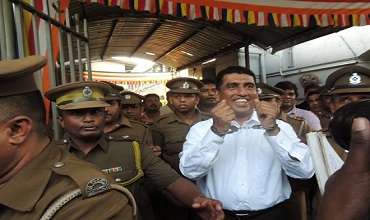
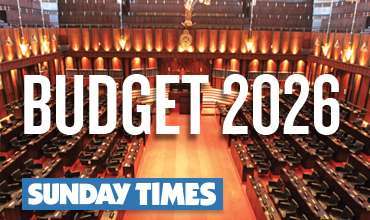
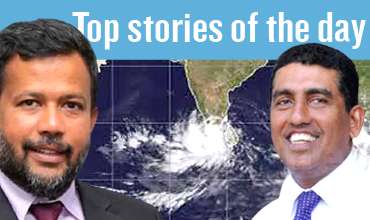
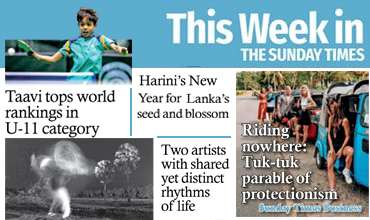
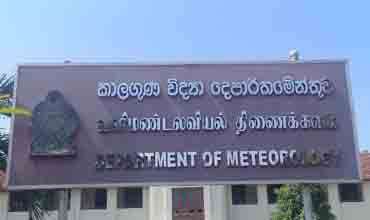

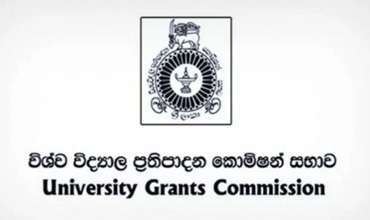

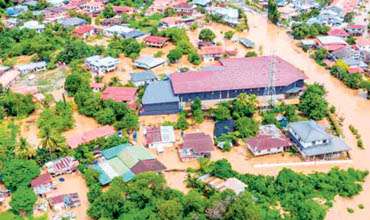

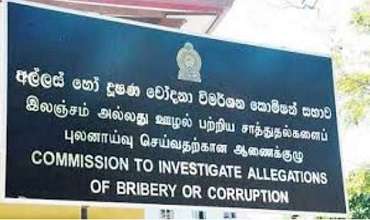
Leave Comments